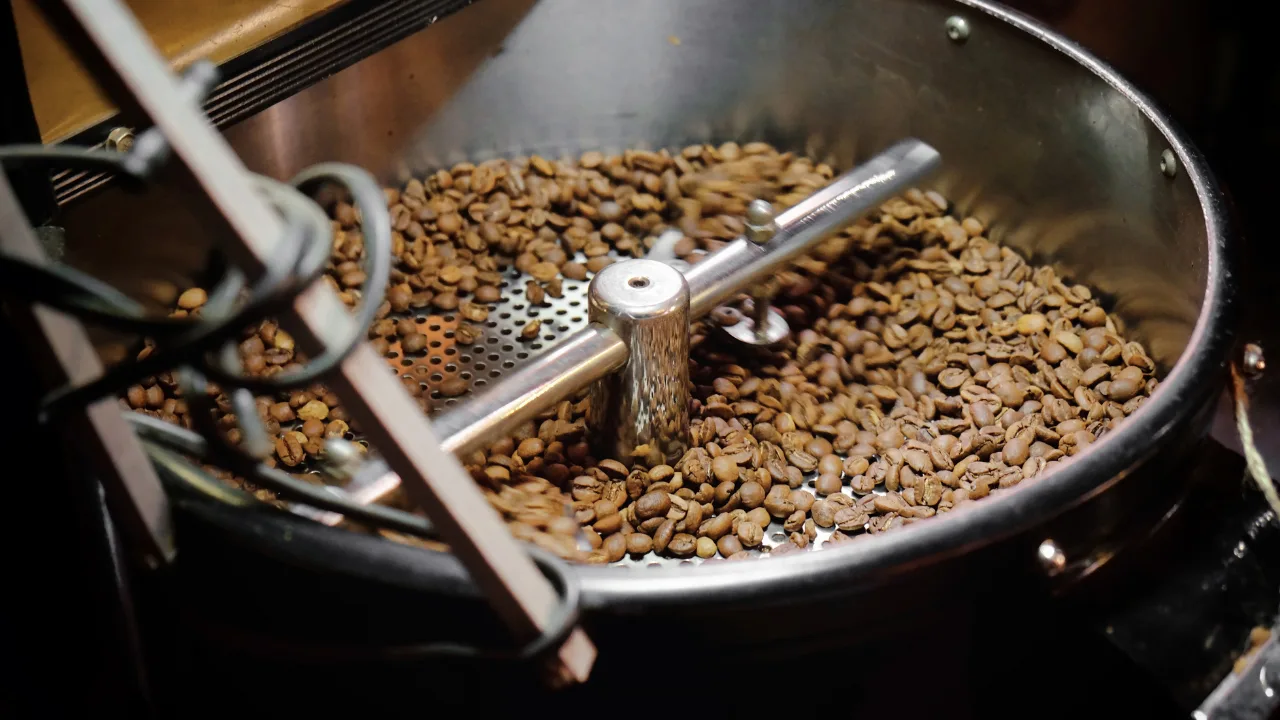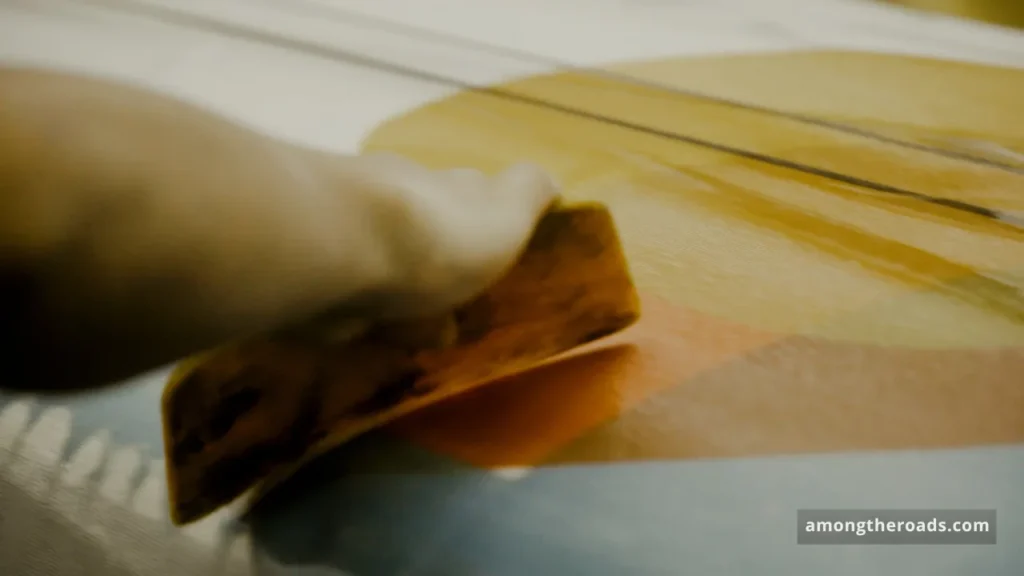In the corners of Bali not yet taken over by mass tourism and automation, something beautiful continues to thrive—craftsmanship. Real, honest, slow craftsmanship. Whether it’s in the grains of a hand-carved surfboard or the layers of a carefully brewed cup of coffee, there’s a story waiting to be told. A story of hands, time, and devotion.
That’s exactly what we felt reading the piece “Budi Hantoro and the Art of the Surfboard Handshaping” by Among the Roads. More than a profile of a craftsman, it’s a quiet meditation on what it means to dedicate yourself to a process, even when the world demands speed. Budi’s story touched us—not just because we admire his work, but because we see reflections of his path in our own journey at Obano Coffee.
This blog isn’t just about surfing. It’s about shared values. About two seemingly separate crafts—surfboard handshaping and coffee roasting—that are deeply connected by philosophy: slow is meaningful. Handmade matters. Quality is worth waiting for.
The Journey of a Shaper Named Budi

Budi Hantoro doesn’t fit the stereotype of a surf industry entrepreneur. He doesn’t operate out of a glossy surf shop or boast a factory full of machines. Instead, Budi quietly shapes each board by hand in his modest Bali workshop, surrounded by tools, wood dust, and the constant hum of patience.
His story begins not in Bali, but in Yogyakarta, far from the ocean. He first discovered surfing through magazines, not beaches. And yet, something clicked. That distant connection sparked an obsession—not just with surfing, but with the board itself. He began crafting surfboards from old broken boards, teaching himself, failing often, but always trying again.
Eventually, he moved to Bali—not for fame, but to be closer to the sea and the craft that called him. He now creates boards not with speed or volume in mind, but with presence. Each board is a result of dozens of hours of work, a conversation between the shaper, the wood, and the wave it’s meant to meet.
The Philosophy Behind the Craft

In Budi’s words, machines make good boards, but “a hand-shaped board has a soul.”
There’s a stillness in that idea. That what gives a product true value is not only how well it functions, but how intentionally it was made. It’s the difference between replication and creation. Between industrial output and artisanal commitment.
This resonates deeply with us at Obano. While we operate in the world of coffee, not surfboards, our purpose is the same: to bring soul into everything we make. We roast in small batches, source from independent Indonesian farmers, and brew with care—not to impress, but to express.
Like shaping a surfboard, roasting a coffee bean is an intimate process. You’re not just applying heat—you’re listening. Watching. Smelling. Adjusting. You’re respecting what the bean brings from the soil it grew in.
Staying True in a Fast-Moving World

Both Budi’s boards and our brews exist in markets filled with noise. Surf shops are filled with mass-produced boards promising performance. Coffee menus are packed with sweet, trend-driven drinks. The world often rewards what’s fast, flashy, or optimized.
But Budi keeps shaping by hand. And we keep roasting by hand. Because we believe something else matters more: integrity of process.
This kind of work doesn’t always bring immediate recognition. It takes time to build trust with customers who care about how things are made. But it’s worth it. Because once someone rides a board made by Budi—or drinks a cup of single-origin Obano—they feel the difference.
It’s not just product. It’s philosophy. It’s experience.
Shared Tools: Hands, Heart, and Intention

There’s a moment in the Among the Roads article where Budi talks about the silence of shaping—a moment when nothing else matters except the line between his blade and the board. It’s meditative. Present.
We know that feeling.
In our roastery, the act of brewing can feel the same. Pouring water over ground coffee slowly, watching it bloom, smelling the release of aroma—it’s a pause in the day. A reminder that not everything needs to be rushed.
Whether you’re building a surfboard or brewing a V60, you’re working with the same tools: hands, heart, and intention.
Celebrating Indonesian Craft and Land

Another reason we feel so connected to Budi’s story is that both of us—Budi and Obano—work with materials that come from Indonesia’s land.
Budi often sources local wood or foam blanks from Indonesia. At Obano, we champion coffee grown in Gayo, Toraja, Flores, and Papua—regions rich with flavor, history, and culture. These aren’t just raw materials. They’re inheritances, and we carry a responsibility to honor them in the way we craft.
There’s a quiet pride in making something with what your land gives you. A kind of stewardship. A way of saying: this is who we are, and this is what we can create.
Why This Story Matters to Us (and Maybe to You)

In a world obsessed with convenience, stories like Budi’s remind us that slowness is a form of respect. Respect for the material. Respect for the process. Respect for the person who will eventually hold that board—or that cup.
At Obano, we don’t just serve coffee. We serve a pause. We invite people to sit for a moment, to taste something real, and to remember that craft still matters.
So when we read about Budi Hantoro, we didn’t just admire his boards. We felt seen. Because in our own way, we’re shaping something too. Not out of wood and resin, but with beans and fire.
Final Thoughts: Ride the Wave, Sip the Cup, Respect the Craft

If you ever find yourself walking through the streets of Kalpataru I No.11, Jimbaran after a surf session, and you’re holding a hand-shaped board, or maybe just the memory of a perfect wave—come in for a coffee.
Let’s sit together and talk about craftsmanship. About surfing. About coffee. About what it means to make things by hand in a world that prefers machines.
Because in the end, whether you’re riding a board shaped by Budi or sipping a pour-over at Obano, you’re engaging with something deeply human.
And that, we believe, is worth celebrating.
